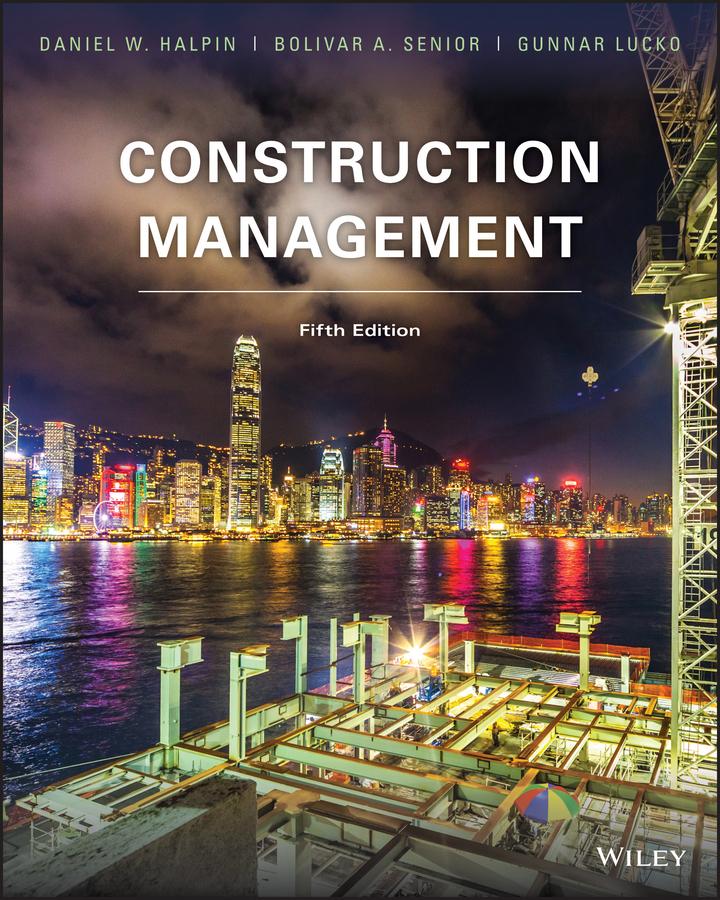Answer the following questions true (T) or false (F): a. ________ Some state laws authorize use of
Question:
Answer the following questions true (T) or false (F):
a. ________ Some state laws authorize use of closed shops.
b. ________ A union can legally strike a jobsite to enforce the provision of a subcontractor clause.
c. ________ The Teamsters union is the largest member of the AFL–CIO.
d. ________ Open-shop operations have caused construction labor unions to rethink their position vis-à-vis union contractors.
e. ________ The right-to-work clause of the Taft–Hartley law allows the individual states to determine whether union shops are legal.
f. ________ The unit-price contract is an incentive-type negotiated contract.
g. ________ The local AFL craft unions have very little authority and are directed mainly by the national headquarters of AFL–CIO.
h. ________ The Sherman Antitrust Law was originally designed to prevent the formation of large corporations or cartels that could dominate the market.
i. ________ The business agent is the representative of the union charged with enforcing the work rules of the labor agreement.
j. ________ A submittal must be verified for accuracy in accordance with contract plans and specifications.
k. ________ The Sherman Antitrust Act, enacted in 1890, was used to suppress the formation of large trusts and cartels, which dominated the market and acted to fix prices and restrain free trade.
l. ________ Yellow-dog contracts were used by employers to encourage their employees to join and become active in union organizations.
m. ________ Under the Taft–Hartley legislation, the president of the United States is empowered to enjoin workers on strike (or preparing to strike) to work for a 90-day cooling-off period during which time negotiators attempt to reach agreement on contractual or other disputes.
n. ________ The National Labor Relations Act was enacted to protect union-organizing activity and encourage collective bargaining.
o. ________ In an open-shop working environment, workers are paid based on which union hall they belong to.
p. ________ The calculation of fringe benefits is based on gross pay, whereas FICA is based on straight-time hours.
q. ________ If a general contractor does not feel like paying worker’s compensation fees, then the contractor does not have to. Each state has appropriated funds that will cover this option.
Step by Step Answer:

Construction Management
ISBN: 9781119256809
5th Edition
Authors: Daniel W. Halpin, Bolivar A. Senior, Gunnar Lucko





